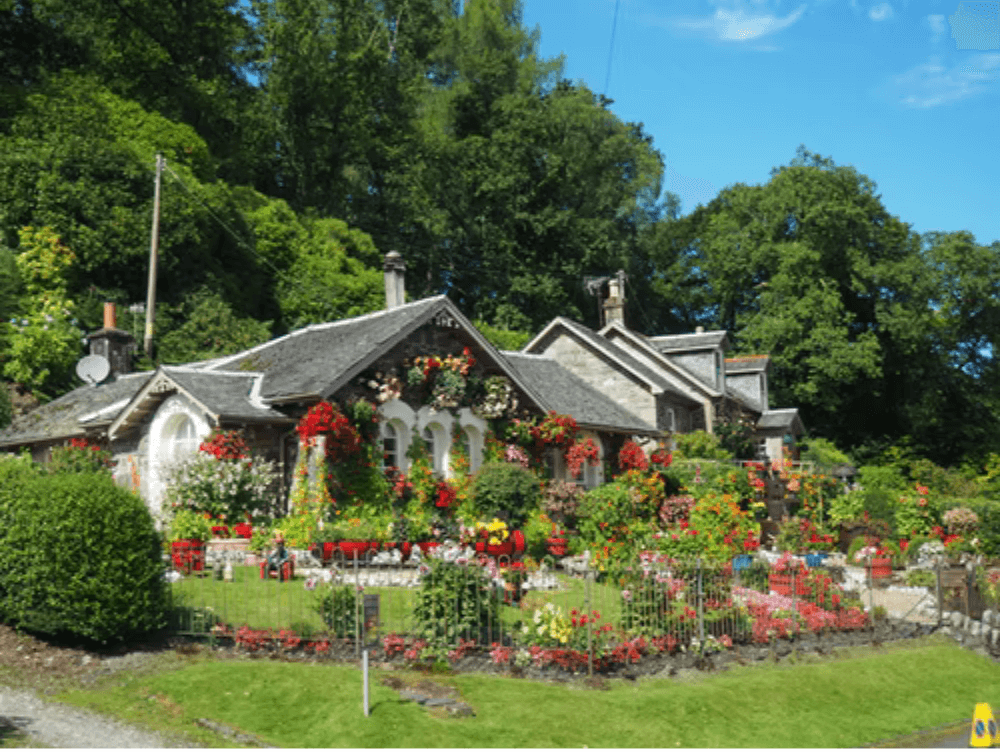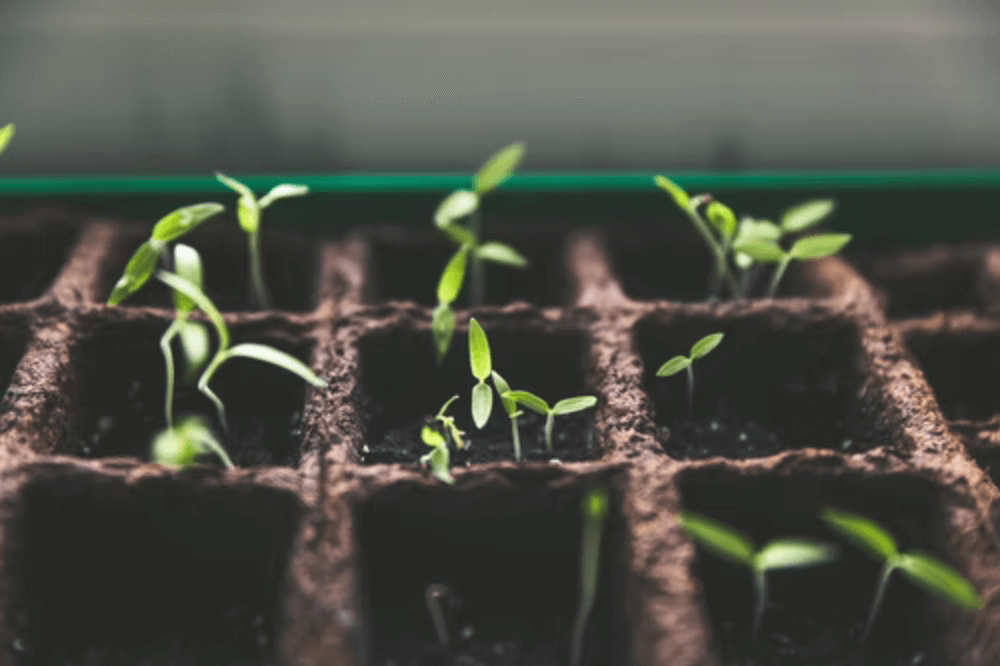Gardening is among the most interesting activities you can take up, whether as a spare-time hobby or a full-time job. It’s a great way to add aesthetic appeal to your property, plus you can make significant cuts from your monthly grocery budget if you grow some veggies. Moreover, taking care of a garden doubles up as an exercise activity, which helps you keep physically and mentally fit as opposed to staying idle at home.

Well, there’s a big chance you have a distinct interest in gardening if you’re reading this. But has your garden been looking dull or lacking that oomph you so badly need? If so, here are six easy ways you can improve your garden and breathe new life into it.
1. Invest In a Protective Shade
In your endeavors to keep your garden healthy and beautiful, you are bound to encounter several challenges. For instance, there is always the risk of encountering harsh weather conditions like strong winds, rain, and excessive UV light from the sun. This is the last thing you want for your garden, especially when growing delicate plants.
Thankfully, protective garden shades are available to help you fix this problem. A good example is cantilever parasols, which offer a UV-resistant shade that also protects your garden from the effects of windy conditions. Clive Harris and Sarah Franks say that some of the best cantilever parasols on the market are also stylish, flexible, and easy to assemble. To pick the best option for your garden, you just need to understand your needs and preferences because not all of them provide the same benefits. Some factors to consider when choosing a cantilever parasol may include:
- Your budget
- Size
- Led light
- Overall value
- Design
- Ease of assembly
- Stability
2. Keep the Soil Nourished
Whether growing veggies or nurturing aesthetic plants, the beauty of your garden will largely depend on the nutrients available in the soil. Deep soils with plenty of nutrients promote the growth of strong plants with extensive root systems. This makes it crucial to nourish your garden soil regularly with organic matter like manure, compost, and leaf mold, and so forth. Adding organic fertilizer every once in a while can be a productive choice as well.
Nonetheless, this nourishment provides the best results when organic matter is added during winter or some time before spring. Adding some more during the growing season will give the crops a protective layer from moisture loss because the organic matter serves as mulch. It also helps suppress weed growth, meaning less time spent watering and weeding.
3. Grow the Right Plants
Like most other things, gardening requires proper thought and planning before getting started. It all starts by ensuring the plants you choose for your garden are capable of thriving in the soil and climate of your location. Some plants are heat-tolerant and can do well in just about any climate, whereas others prefer warm, cold, or rainy climates. Growing the right plants can help ensure bigger harvests, stronger plants, and a beautiful garden.
4. Space Your Plants Well
When planting a garden, proper spacing is essential. Plants that are too close to each other are often more prone to growth issues and disease. If they are too far apart, on the other hand, you may not make the best use of the available gardening space. This makes it crucial to determine the recommended spacing for every kind of plant you introduce to your garden – perhaps with the help of an experienced garden planner!

5. Supply Natural Light Sunlight
While growing a garden in the shade is recommended for certain plants, blocking your garden completely from natural sunlight can be counterproductive. Many plants, especially veggies and other edibles, require at least six hours of sunlight exposure to thrive well. When designing your garden, you need to keep in mind that morning or evening sunlight is the best for plant growth. So, make sure your crops get enough of this.
6. Feed Them with Rainwater
Water is undoubtedly the best food for garden plants. However, not all kinds of water are equal in this capacity. Rainwater, for instance, is considered softer and less contaminated, making it a great option for vegetable gardens. Its pH is also more forgiving to most plants. This is all the more reason to start collecting more rainwater for your garden.
A beautiful garden can be a worthwhile investment in your home. Depending on what you grow, it can add aesthetic appeal and improve the value of your property, or maybe help reduce your spending on vegetables. Gardening is also a healthy activity from whichever angle you look at it. Hopefully, the few pointers above will help you improve your garden without breaking a sweat.



